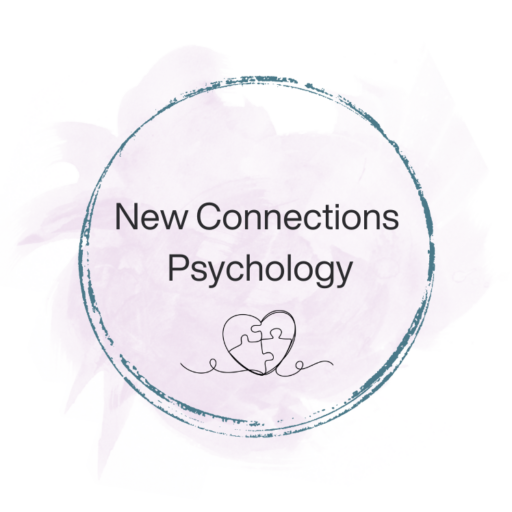Counselling for Personality Disorders in Camberwell
Counselling for personality disorders offers a safe, supportive space to explore patterns of thoughts, feelings, and relationships that may feel difficult or overwhelming. Research shows that these challenges are often linked to early attachment disruptions or complex trauma, where a person may not have consistently felt safe, supported, or understood. Over time, these experiences can affect how emotions are managed, how trust develops, and how people relate to themselves and others.
Our psychologists in Camberwell provide compassionate, trauma-informed counselling for personality disorders. We draw on evidence-based approaches such as Cognitive Behavioural Therapy (CBT), Emotion-Focused Therapy (EFT), EMDR, Dialectical Behaviour Therapy (DBT), and other tailored interventions. The focus is on helping you regulate emotions, improve relationships, and feel more grounded and connected in daily life.



